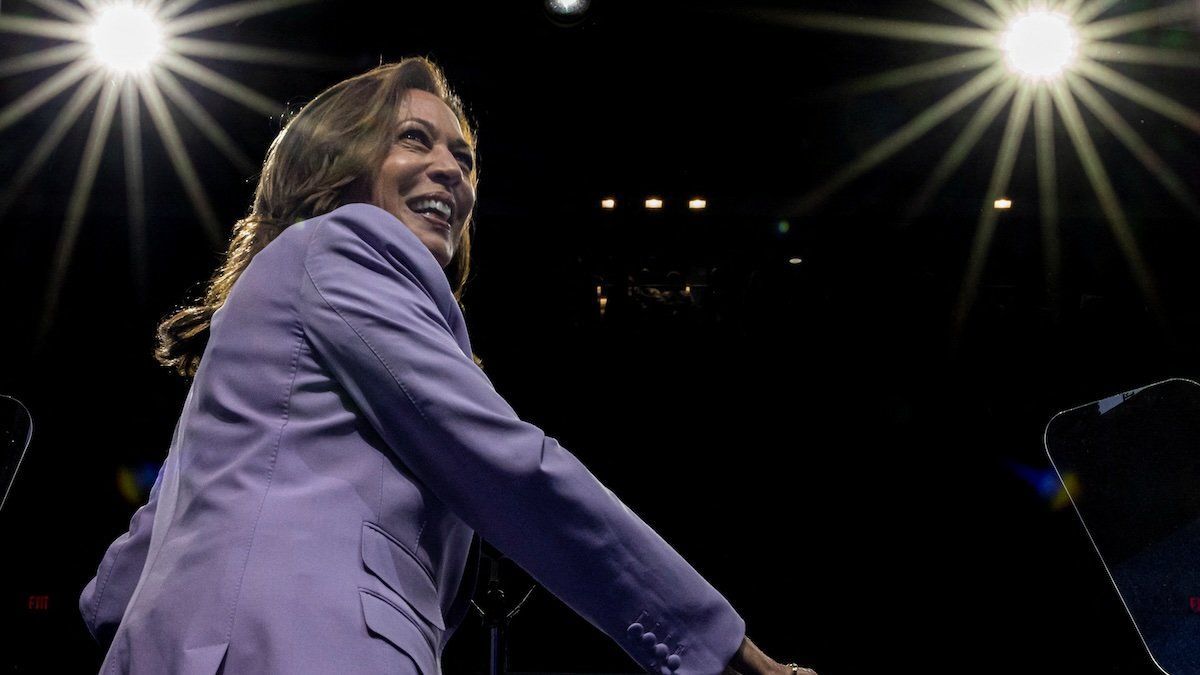Last week, we posed the question: “Is Kamala Harris now the favorite?” Our answer was she probably needs to show sustained leads of two to three points nationally and to build leads outside the margin of error in key swing states like Pennsylvania or Georgia. Eurasia Group, our parent company, still lists Donald Trump as the slight favorite to win in November.
Major international bookmakers disagree. Oddsmakers Bet 365, Betfair Exchange, Bovada, Bet Online, and Oddschecker all have Harris ahead. Two of these services have her at -125, which means you’d have to wager $125 to make a $100 profit. The other three services have the odds closer.
Now for the caveats.
First, oddsmakers aren’t predicting the outcome of the election; they’re predicting how bettors will bet. With all the positive press Harris is getting, it’s no wonder betting markets have made her the favorite.
Second, Harris hasn’t yet offered many specifics on what she’d do as president. Excitement over the abrupt presidential election plot twist has boosted her appeal. The upcoming Democratic National Convention may boost it further. But at some point, Harris will have to offer at least a sketch of her policy plans.
Third, campaign expectations have already been upended once by a debate. That could happen again when Harris and Trump square off.
Finally, consider this: The betting market favoritehas only lost two presidential elections since 1868, according to The Conversation, a nonprofit news organization. But one of those two losses came in 2016, when Trump confounded experts to beat Hillary Clinton.
